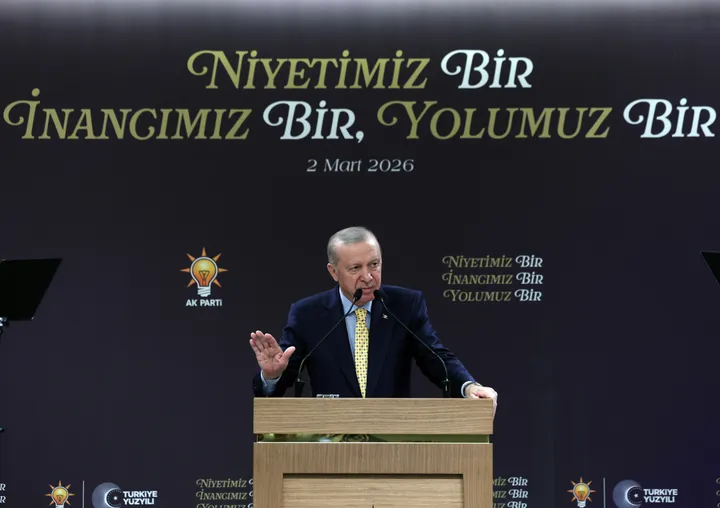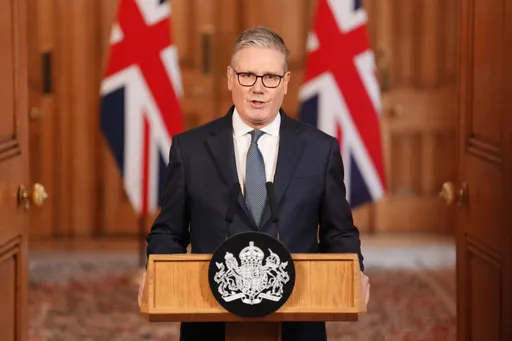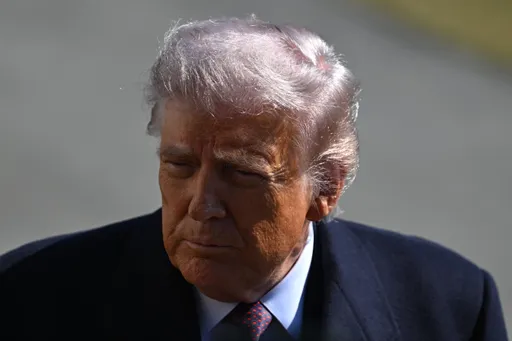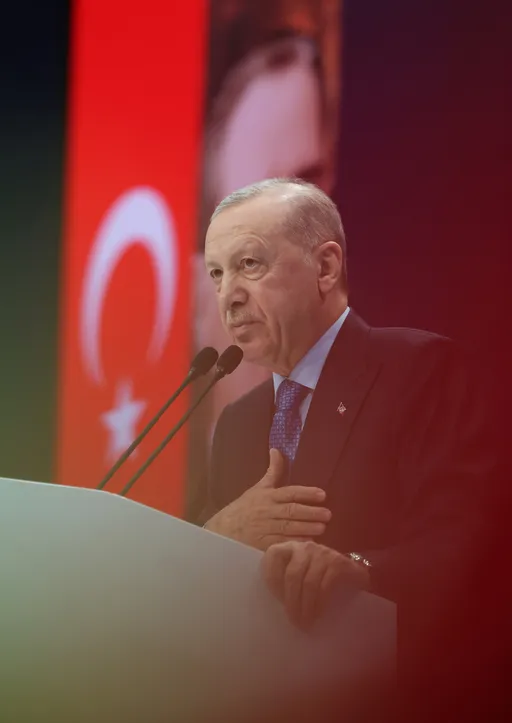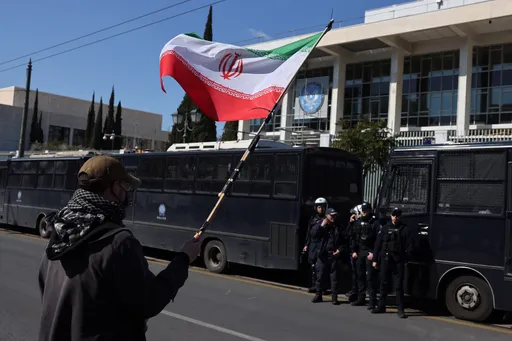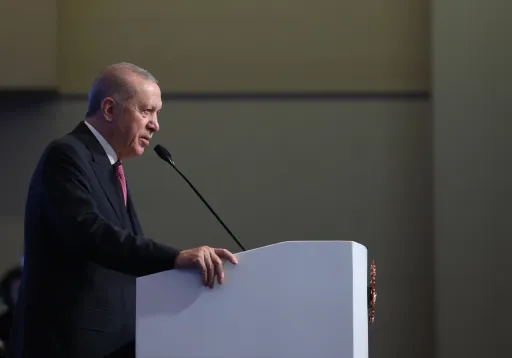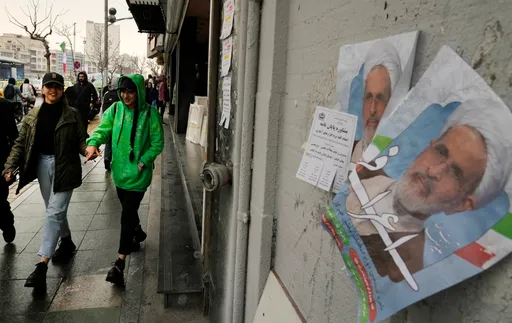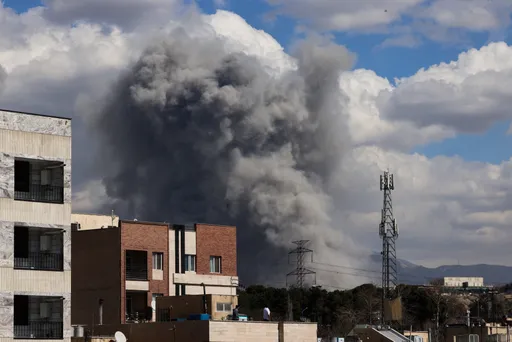The United States is easing some of its tough sanctions on Venezuela in order to encourage political dialogue between President Nicolas Maduro's government and its opponents.
"The US is undertaking a number of measures at the request of the Venezuelan interim government and the Unity platform of opposition parties negotiating with the Venezuelan regime," a senior US official said on the condition of anonymity.
The limited changes will allow American oil company Chevron Corp. to negotiate its license with the state-owned oil company, PDVSA, two senior US government officials told The Associated Press on Monday.
But the sanctions relief does not allow Chevron to drill or export any petroleum of Venezuelan origin or enter into any new agreements with PDVSA.
The officials spoke under the condition of anonymity because the formal announcement had not been made.
Additionally, Carlos Erik Malpica-Flores — a former high-ranking PDVSA official and nephew of Venezuela’s first lady — will be removed from a list of sanctioned individuals, they said.
Chevron did not immediately respond to a request for comment on Tuesday. The company's investments in Venezuela's oil fields and machinery over the last century had an estimated value of $2.6 billion as of 2020.
READ MORE: US, Venezuela make 'scant progress' in talks over easing oil sanctions
Return to the negotiating table
The moves follow goodwill gestures by Maduro after meeting in March with representatives of the administration of President Joe Biden.
In addition, US officials and the main Unitary Platform opposition coalition met recently in Central America to discuss a path forward.
“These are things that ... the Unitary Platform negotiated and came to us to request that we do in order for them to be able to return to the negotiating table,” one of the officials said.
Scores of Venezuelans, including the country's attorney general and the head of the penitentiary system, and more than 140 entities, among them Venezuela's Central Bank, will remain sanctioned.
The Treasury Department will continue to prohibit transactions with the Venezuelan government and PDVSA within US financial markets.
Venezuela's government suspended talks with the opposition in October after the extradition to the US of a key Maduro ally on money laundering charges.
Maduro at the time conditioned his return to the negotiating table on the release from custody of businessman Alex Saab, who was extradited from the African nation of Cape Verde.
The negotiations took place in Mexico City under the guidance of Norwegian diplomats. The opposition and the Venezuelan government on Tuesday were expected to announce the resumption of negotiations.
READ MORE:Venezuela reportedly frees two jailed Americans after talks with US




